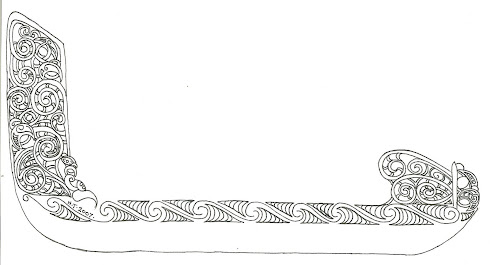I am at the Sitech Champion Schools Conference this weekend at
Are the tools changing classroom cultures?"
Peter Kent, the opening keynote, touched on this at the start so we were off in the right direction for me at least. People often are locked in by what they don’t know. This was illustrated beautifully with a You Tube video to do with escalators:
It was good to hear Peter so simply put out
1. High expectation of learners (intellectual quality),
2. Environment which is supportive of students. What engages and is useful for stdts?
3. Learning which is relevant.
It is not the teacher's job to use the IWB – The teacher's job is to manage learning, ask the questions etc.
3 levels of using the IWB – What type of interaction occurs?
- Best: Students asking questions of students and you.
- Middle: Students asking qs of the teacher
- Low Level: Teacher asking qs of students
IWBS support all 3 but good use supports the first.
E-Volution of E-Teaching. This led me to reflect on our own cluster's teacher inquiry process. I am left feeling even more confident that the thinking that went into our inquiry process provides a good foundation. It is a scaffolded process which will help us all to spiral on up. The progression supports the moving up from as Peter puts it -
"1. Using ICTs to do what we have always done. The tools have little impact other than superficial.
2. Choose one idea, need or problem to research, trial and implement.
3. Experiment, Review, Plan and Discuss
4. Share, Teach others, Reflect, Grow.
5. Embed and Spiral on Up."
ICTs are different from many other tools. They challenge our practice. Being part of a professional learning community helps us to deepen these understandings, widen our perceptions and extend the possibilities.
ICTs have the potential to change the user but only the user can really change their own practice. It comes down to pedagogy. Our mental model, firmly embedded in our subconscious, is what controls our actions. We need to consider what our mental model for good teaching/learning really is.

No comments:
Post a Comment